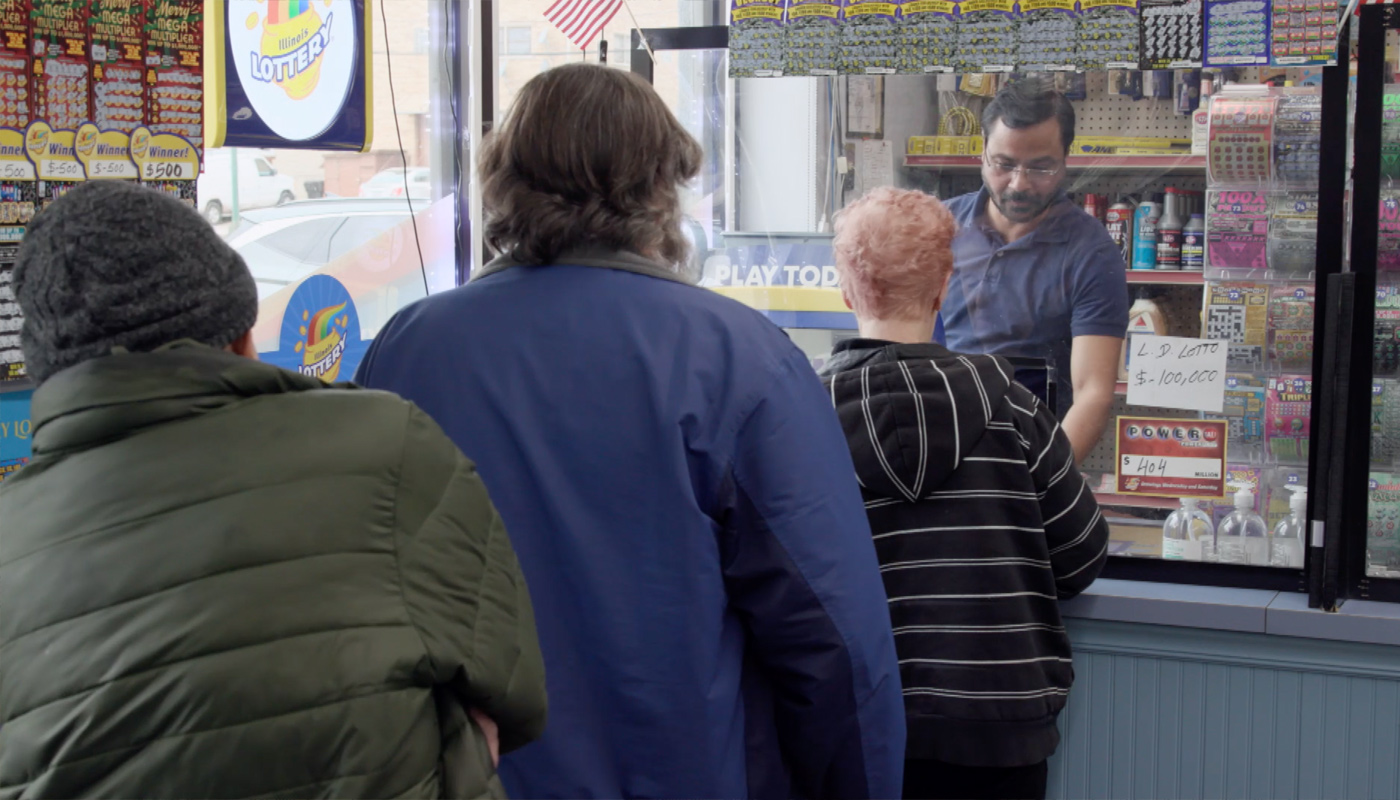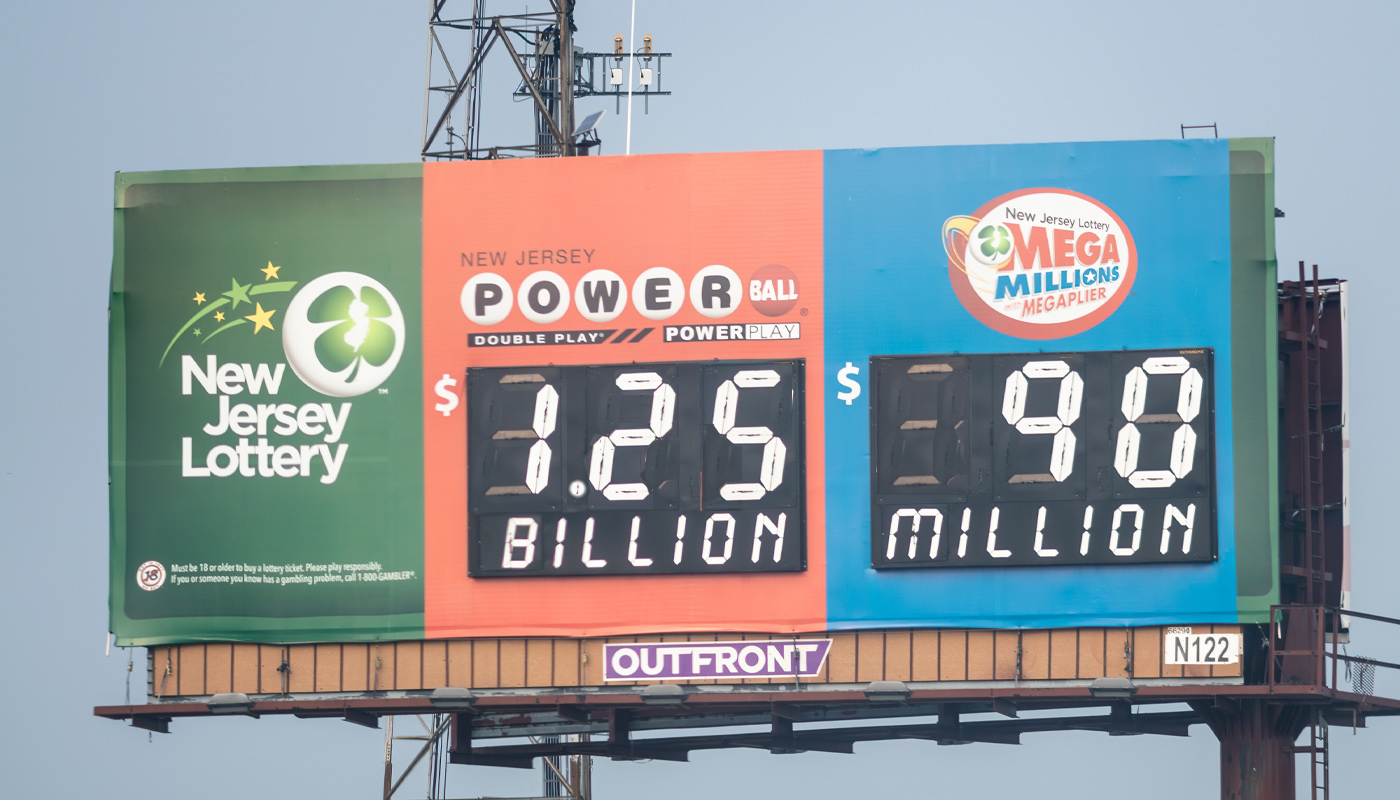
News writer
Lottery tickets can evoke feelings of excitement, hope, and, for a few fortunate individuals, financial prosperity. Millions of Americans try their luck in state-run lotteries each year, spending billions of dollars.
However, have you ever considered which states purchase lottery tickets at the highest rate? Let's examine the statistics to determine which states spend the most on lottery tickets and the reasons behind those states' spending patterns.
A quick look at U.S. lottery spending
Lotteries are a common household fixture in many American homes. They are frequently viewed as an inexpensive kind of entertainment with the thrilling potential to win a jackpot that might change your life. Everyone finds it appealing to win the big prize. State-by-state variations in lottery participation are evident, nevertheless.
More than $113.3 billion was spent by Americans on lottery tickets in 2023; some states contributed more to this total than others.
Powerball and Mega Millions are two examples of multi-state lotto games that frequently drive lottery sales, but in-state games also contribute significantly to these figures. Lottery proceeds are normally used to support state initiatives, including public health, infrastructure, and education. But when it comes to lottery spending, a number of factors usually come into play, including the population size of the state, income levels, and cultural perceptions of gambling.
Top states for lottery spending
First, let's take a look at the Top 5 states that spend the most per person on lottery tickets. We'll also discuss the factors that propelled these states to the top of the list.
1 - Massachusetts
When it comes to lottery spending per resident, Massachusetts is always at the top. The average amount spent by residents on lottery tickets in 2023 was over $1,000 per person, which was the highest in the country.
The state's long-standing passion for gambling and its well-established lottery system, which dates back to the early 1970s, are both contributing factors to this high spending.
Instant scratch-offs, daily drawings, and multi-state games are just a few of the games that the Massachusetts Lottery is well-known for. Residents of the state are able to spend more because of the state's strong economy and comparatively high levels of disposable income.
Residents are encouraged to participate in the lottery because they believe their donations are directly aiding their communities, and Massachusetts also donates a sizable share of lottery proceeds to support local projects.
2 - Georgia
With an annual lottery spending per capita of roughly $527, Georgia is leading the South in lottery spending — a significant decline from Massachusetts, which holds the top slot.
The Georgia Lottery's commitment to supporting education through the HOPE Scholarship Program, which offers financial aid to state college students, is a major draw for players in Georgia. The lottery promotes good perceptions and encourages participation because the proceeds are used to fund state education initiatives for the benefit of students.
The Georgia Lottery is also well-known for its extensive marketing campaigns and the variety of games it provides, including scratch-offs, draw games, and online digital options. The state boasts one of the most prosperous lotteries in the country, thanks to its dedication to using lottery proceeds to fund education.
3 - Michigan
Michigan comes in third place, with each of its citizens spending roughly $480 on lottery tickets annually. A large number of people like playing the state's lottery, which offers instant games, daily draws, and multi-state lotteries.
Michigan's lottery profits fund a number of state programs, such as public safety and education, which increases the lottery's allure to citizens. The popularity of multi-state jackpots and the ability of players to purchase tickets online all contribute to the Wolverine State's higher spending rates.
4 - South Carolina
Making the top five, South Carolina has an average yearly lottery ticket expenditure per capita of about $468. The lottery system in the state is well-established and provides a variety of games to suit a variety of tastes.
The thrill of scratch-offs, daily drawings, and the opportunity to win big multi-state jackpots is enjoyed by South Carolinians. A direct benefit that promotes continuous involvement is the money raised from lottery purchases, which goes toward funding education and other state initiatives.
5 - Rhode Island
How is it possible for such a little state to rank fifth on this list? Despite its small size, its citizens have a great deal of passion for the lottery.
When it comes to per capita lottery ticket spending, Rhode Island comes in at the #5 spot. The average annual expenditure per citizen in the Ocean State is around $456. Residents of Rhode Island have a long history of playing the lottery, both in state and multi-state games.
The lottery revenue from Rhode Island funds a number of governmental programs, such as education and public safety. Due to cross-border influences and a strong local gaming culture, the state's high expenditure may possibly be influenced by Massachusetts' close vicinity.
What are the factors that influence lottery spending?
The amount of money that people spend on lottery tickets varies by state due to a number of factors. Among these are:
- Population Size: Although smaller states often have higher per capita spending, larger states with larger populations naturally have higher total lottery revenue.
- Income Levels: Lotteries are typically more popular in states with higher disposable incomes since residents can afford to spend more on recreational activities like gambling.
- Availability of Games: States with a large selection of games, such as multi-state jackpots and instant games, typically have higher spending rates.
- Cultural Attitudes: Lottery participation rates are typically higher in states with a long history of gambling or where gaming is seen favorably by the community. For instance, gaming has a lengthy history in the New England states.
- Marketing and Accessibility: Convenience stores, online platforms, smartphone apps, or other means of convenient access to lottery items can all be used as powerful marketing tools to increase sales.
What states spend the most on ticket sales?
While we looked at lottery spending based on per capita, now let's take a look at just straight-up lottery sales. Statista shared the overall lottery ticket sales for 2023, including a breakdown for each state.
Here are the Top 10 states with the highest overall lottery ticket sales for 2023:
- New York: $10.5 billion
- Florida: $9.8 billion
- California: $9.2 billion
- Texas: $8.7 billion
- Massachusetts: $6.1 billion
- Ohio: $5.8 billion
- Georgia: $5.6 billion
- Maryland: $5.2 billion
- Pennsylvania: $5.1 billion
- Michigan: $4.9 billion
Bottom states for lottery spending
On the other hand, some states have far lower lottery ticket spending rates. These states frequently feature smaller selections of games, lower levels of disposable money, or anti-gambling cultural attitudes. Among the bottom three states are:
- Montana: Montanans spend about $62 a year on the lottery, which makes them stand out among states with smaller lottery spending. Introduced in 1987, the state lottery includes a variety of games, including draw games and scratch-offs. In contrast to states with larger lottery spending, Montana has a smaller population and less disposable income, which accounts for the comparatively low spending. Furthermore, the state's overall funding approach includes a lesser portion of lottery money, which may account for the lower per capita spending.
- Wyoming: In a similar vein, lottery spending per person in Wyoming is relatively low, with an annual expenditure of roughly $55. One of the last states to implement a lottery was Wyoming, which did so in 2014; the state offers few options and no instant games.
- North Dakota: With an annual per capita expenditure of less than $40, North Dakotans spend the least on lottery tickets. The few games available in the state are mostly multi-state lotteries like Powerball and Mega Millions. The lower participation percentages can be attributed to cultural factors such as a strong conservative influence and a lower acceptance of gambling.
Keep in mind, Alabama, Alaska, Hawaii, Nevada, and Utah do not offer state lotteries at all. That means they would make the bottom of the list, with $0 spending overall.
What is the economic impact of lottery spending?
Lotteries are frequently marketed as a means of funding public services without increasing taxation. The financial effects of lottery spending, however, are not entirely clear-cut.
Although lotteries contribute significantly to state programs, critics claim that lower-class people are disproportionately affected by them since they typically spend a larger portion of their income on tickets.
Additionally, it might be argued that the dependence on lottery money is outdated, even as lottery funds are used to promote governmental projects such as education. It transfers the cost to those who are least able to pay for it instead of allocating it through fairer channels like progressive taxation.
Responsible gaming and looking ahead
Lottery play is still a popular pastime in the United States. In light of this, more states are putting more emphasis on encouraging responsible gaming.
Numerous states have implemented initiatives, such as self-exclusion, counseling services, and hotlines, to assist people who are addicted to gambling.
Looking ahead, it seems likely that as technology advances, the lottery game landscape will continue to change. With the increasing prevalence of mobile apps, online sales, and digital scratch-offs, players have more accessibility and convenience. But these modifications also bring with them additional difficulties in maintaining fair play and avoiding gambling addiction.
States will have to strike a compromise between their obligation to safeguard vulnerable populations and their goal for higher lottery revenue. States may limit the lottery's potential drawbacks and maintain the lottery as a useful tool for communities by encouraging responsible gaming and allocating lottery proceeds to vital public programs.
Conclusion
In the United places, lottery expenditure varies widely and is impacted by a wide range of circumstances, from the high per capita spending in Massachusetts to the low spending in places like North Dakota. Although lotteries offer thrilling and enjoyable experiences to many people, they may require a substantial financial investment, especially in regions with high participation rates.
It is possible to gain insight into the larger cultural and economic dynamics at work by analyzing which states spend the most on lottery tickets. States must continue to be watchful in encouraging responsible play and making sure that the advantages of the lottery are distributed fairly among their citizens as long as they depend on lotteries to pay public programs.
Enjoy playing the lottery, and please remember to play responsibly.

















Comments